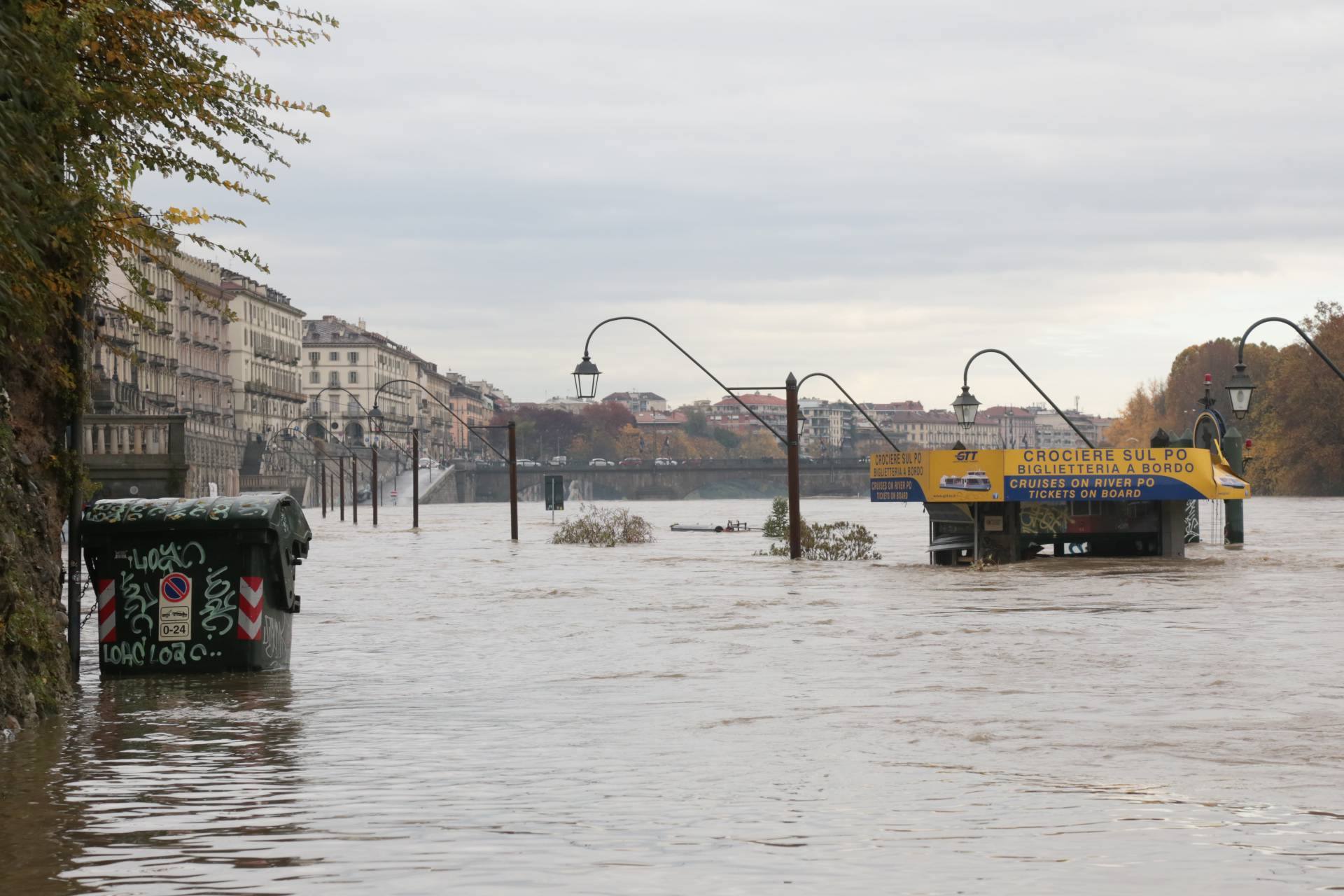As we all know, we are in the midst of a climate emergency. We are seeing extreme weather events becoming more common and severe. Just ask those in Australia fighting bushfires or the families in Zimbabwe suffering the worst drought in 40 years. Even in the UK our temperatures are warming, meaning increased evaporation and subsequently 10-20 per cent more rain during the wettest days. The result is that we can expect to see a lot more national emergencies like the floods in Yorkshire.
With an emergency that threatens us all, you would be right to expect global leaders to take immediate action, and in 2015 many of them agreed to limit global temperature rises under the Paris Agreement. Yet since then, emissions and temperatures have continued to increase.
So it was vital that the 190-plus countries that gathered in Madrid for COP25 – the 25th annual UN climate change conference – took decisions to keep temperature rises below 1.5 degrees. The UN Secretary General, António Guterres, warned leaders at the beginning of the Madrid talks that “we are in a deep hole, and we are still digging. Soon it will be too deep to escape.”
At COP25 critical technical issues that could hinder the Paris Agreement needed to be resolved, such as how to avoid counting emissions reductions twice when countries buy and sell permits and credits to each other to emit carbon dioxide; or ensuring that those who did not cause climate change but have lost their homes, livelihoods or even country are heard and given the support they need; or even just ensuring that the rules of the Agreement are fair and transparent. We needed all of this and we also needed urgency and ambition.
But the urgency that led to the COP being held in Madrid, when the Chilean government cancelled their offer to host, has not been visible inside the talks. In Madrid, civil society stood in solidarity with the people of Chile over "their ongoing pursuit to hold their government accountable and to improve the lives of all and not just a few". More than half a million people marched through the city demanding action. Yet still it seems our leaders do not listen and do not act with equalled measure and ambition within these vital talks.
This means that the next set of climate talks, COP26, which will be held in Glasgow next year, has quite simply got to deliver. It isn’t even last chance saloon, as we are past that; 1.5C temperature rises will still mean those living in the Pacific watching as sea level rises consume their islands. But we must stop the climate crisis getting worse. We must see drastic change and action that will limit the worst impacts and provide hope.
There is an opportunity in Glasgow. But decisions must be made and acted upon that keep fossil fuels in the ground, transform our food systems, decarbonise our production and consumption, restore ecosystems, and completely change our economies at a scale that matches the enormity of the problem.
Robin Mace-Snaith is a climate analyst at CAFOD who has just returned from the COP25 climate talks in Madrid.
War, persecution and natural disasters shatter lives. This Advent, you can help CAFOD save lives and provide shelter, food and water in times of emergency.



 Loading ...
Loading ...
What do you think?
You can post as a subscriber user ...
User comments (0)